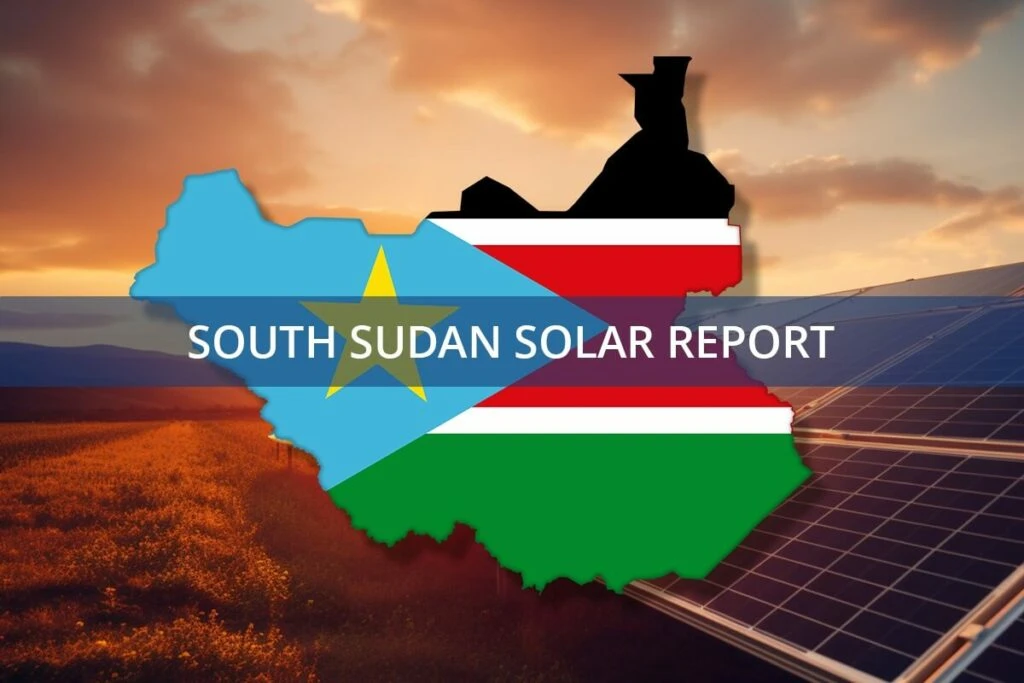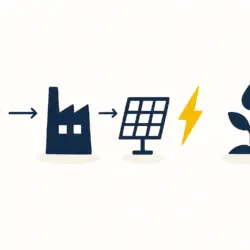Addressing South Sudan’s Energy Challenges: A Path to Economic Growth
A new report from the World Bank shines a spotlight on the severe challenges plaguing South Sudan’s energy sector. At the heart of the matter are systemic problems within the Juba Electrification Center (JEDCO) and an urgent need for reforms to ensure a reliable electricity supply. The report underscores that without substantial changes, Juba will continue to suffer from inconsistent power, a reality that hampers economic development and growth.
The High Cost of Power and JEDCO’s Financial Crisis
The report emphasizes that while improving the electricity supply is critical for South Sudan’s economic development, achieving this goal requires substantial reforms. According to the World Bank, the sector faces several significant hurdles: the absence of a cost-recovery tariff, high generation costs, low revenues, and a lack of government subsidies. These issues have plunged JEDCO into a financial crisis, causing a severe liquidity problem, frequent load shedding, and a decline in electricity demand.
Proposed Reforms for a Sustainable Energy Sector
In response to these findings, the World Bank has called for a series of urgent reforms to address the energy crisis in South Sudan. These proposals aim to improve the sector’s financial sustainability, resolve the liquidity crisis, and ensure a reliable electricity supply. The World Bank is also providing technical assistance to help implement these changes and enhance the overall performance of the energy sector, stressing that without significant action, these systemic issues will continue to hinder economic development.
Broader Economic Hurdles: Oil Dependence and Inflation
Beyond the energy sector, the World Bank highlights several other economic hurdles for South Sudan in 2025. Disruptions in oil production are projected to cause a 30% economic contraction in FY24/25, leading to a significant decline in export revenues estimated at $7 million per day. High inflation rates, which reached 139% in August 2024, and widespread food insecurity affecting nearly 80% of the population have only exacerbated these economic challenges.
Poor management of oil revenues and ineffective fiscal policies have strained public finances, contributing to salary arrears and reduced spending on essential services like health and education. The World Bank emphasizes the need for rapid, sustained reforms to stimulate economic recovery and inclusive growth. These include strengthening the macroeconomic framework, improving oil revenue management, boosting non-oil revenues, and supporting economic diversification.
Solar Power as a Solution for Energy Security
As South Sudan grapples with these challenges, renewable energy solutions—particularly solar power—present a promising opportunity. With the country’s electricity grid struggling to provide a stable and efficient supply, solar is emerging as a viable alternative. The off-grid solar panel market in South Sudan is thriving, driven by the urgent need for dependable energy in a country where electricity access is severely limited.
To explore these solutions, you can find detailed insights on the country’s solar panel manufacturing landscape and market opportunities here: South Sudan Solar Panel Manufacturing | Market Insights. Additionally, projects like Aptech Africa’s installation of 2.4MW solar PV systems represent a pragmatic solution to the country’s energy challenges, promoting sustainability and resilience.
By addressing these systemic issues and embracing renewable energy alternatives, South Sudan can pave the way for enhanced energy security and economic growth.



